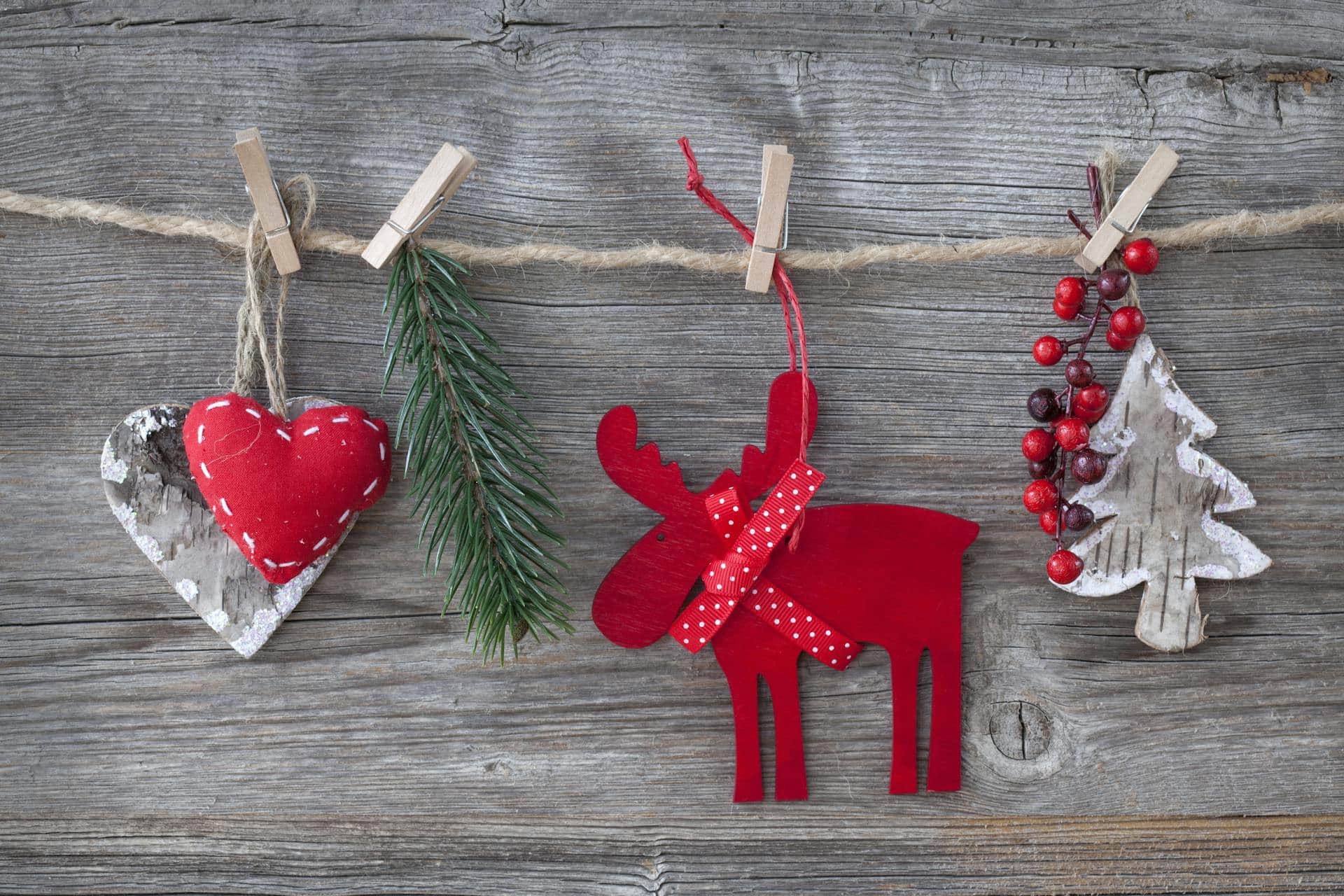When the next celebration isn’t just around the corner:
How to combat your post-holiday depression
The onset of winter typically signifies the beginning of seasonal festivities, family traditions and holidays. This year we face a season of uncertainty, a reprieve of traditions, and social and physical distancing guidelines and mandates to combat the risk of infection and spread of COVID-19. The continuing pandemic in combination with the dynamic changes in weather and a significant decrease in daylight hours can be emotionally overwhelming for many. With the approaching holidays and new year, many individuals are generally on the lookout for a bit of company to help them feel a sense of togetherness and to have some good oldfashioned fun with family, friends and colleagues. This year will be different.
As we approach those celebratory days, people can experience feelings of excitement, anticipation and this year apprehension. There’s typically a lot to do, and in spite of all of our preparations, it seems as if we’re never fully prepared. In previous years, many started planning weeks or even months in advance, as there may have been many invitations or events to attend. As the second wave of COVID-19 continues, these desired occurrences have been either scaled back or cancelled, giving way to feelings of disappointment and in some instances depression. During times of upheaval and unfamiliar routines, these feelings may be intensified or prolonged. In most instances, we take it in stride and generally try to enjoy the time we spend together, in-person or virtually, making new memories and perhaps new traditions. However, as the season draws to an end, a different set of emotions may surface for many individuals, as we realize the year, and celebrations are winding down. It’s in these moments, that post-holiday depression can set in.
It’s important to recognize that depression is one of the most common mood disorders, and it can have serious and lasting implications on an individual’s mental and physical health. Depression is a mental health disorder which makes individuals feel sad or indifferent to many events or scenarios.
The difference between sadness and depression
Sadness is a normal human emotion we all experience, often triggered by difficult, challenging, hurtful, or disappointing experiences or situations. Sadness is typically linked to a specific event or scenario; we experience sadness about something. This means when that ‘something’ changes, our emotional well-being improves and returns to our pre-event state.
Depression, on the other hand, is a mental health disorder which makes individuals feel sad or indifferent to many events or scenarios. In some instances there may be no specific trigger, situation, loss, or change that causes the depressive symptoms, just an overwhelming and perpetual state of unhappiness.
Causes
There is no single cause of depression. Rather, it usually results from a combination of factors such as an imbalance of brain chemicals, family history, thoughts or beliefs that increase the risk of depression, and traumatic or stressful life events.
As the season draws to a close
For many of us, the holiday season and the approaching New Year may raise strong emotions as we reflect upon our successes and challenges of the past year, those we anticipate to come in the New Year and those recollections of something or someone missing from this year’s traditions and festivities.
It’s at the tail end of all of this, when it’s time to clean up and put everything away that our moods can become stronger and take hold. As we begin to pack away decorations and enjoy the last of the leftovers, it’s important to realize that we’re also packing away the experiences, feelings and memories that we’ve just experienced.
Depression or sadness may set in as we return to routines and remove ourselves from the excitement of the season. As the pandemic continues, there may be no significant occasions to plan for sometime. COVID-19 also influenced how we gathered and celebrated, many of us may be reflecting on how we spent the season and with whom. We may even find ourselves reluctant to return to the everyday. Combined with the magnitude of the holiday season, it’s difficult to compare other events to the recent celebrations.
After time, we begin to reminisce about the people we saw and spoke to or perhaps dwell on those we didn’t see or connect with as we normally would have. We may reflect on the special occasions that were missed during the year or the fact that everyone is getting older – kids and adults alike. Weeks later, you may feel the financial impact when opening your bills. You may feel some regret and perhaps even frustration when you look at the financial costs.
It shouldn’t be a surprise. As much as we have enjoyed the company of our families and friends (in person or virtually) through social and physically-distanced social gatherings, many will experience the post-holiday blues. COVID-19 has changed our lives both professional and personal. The year ahead brings optimism and the hope that a return to normalcy is within reach. Here are a few small things to help yourself through the post-holiday blues.
A checklist to help you work through your post-holiday depression
Remember how great it feels to take care of yourself? Spend some time to do some self-care and pampering. Enjoy the luxury of cozying up with a book and a blanket for an evening. Take yourself out, have a coffee with a friend while adhering to physical distancing guidelines or coordinate a virtual get together. There’s no reason why you shouldn’t make time for you throughout the year. You don’t need to have an excuse.
Allow yourself time to reflect on the things you enjoyed about those recent celebrations and create a vision you can keep with you all year.





